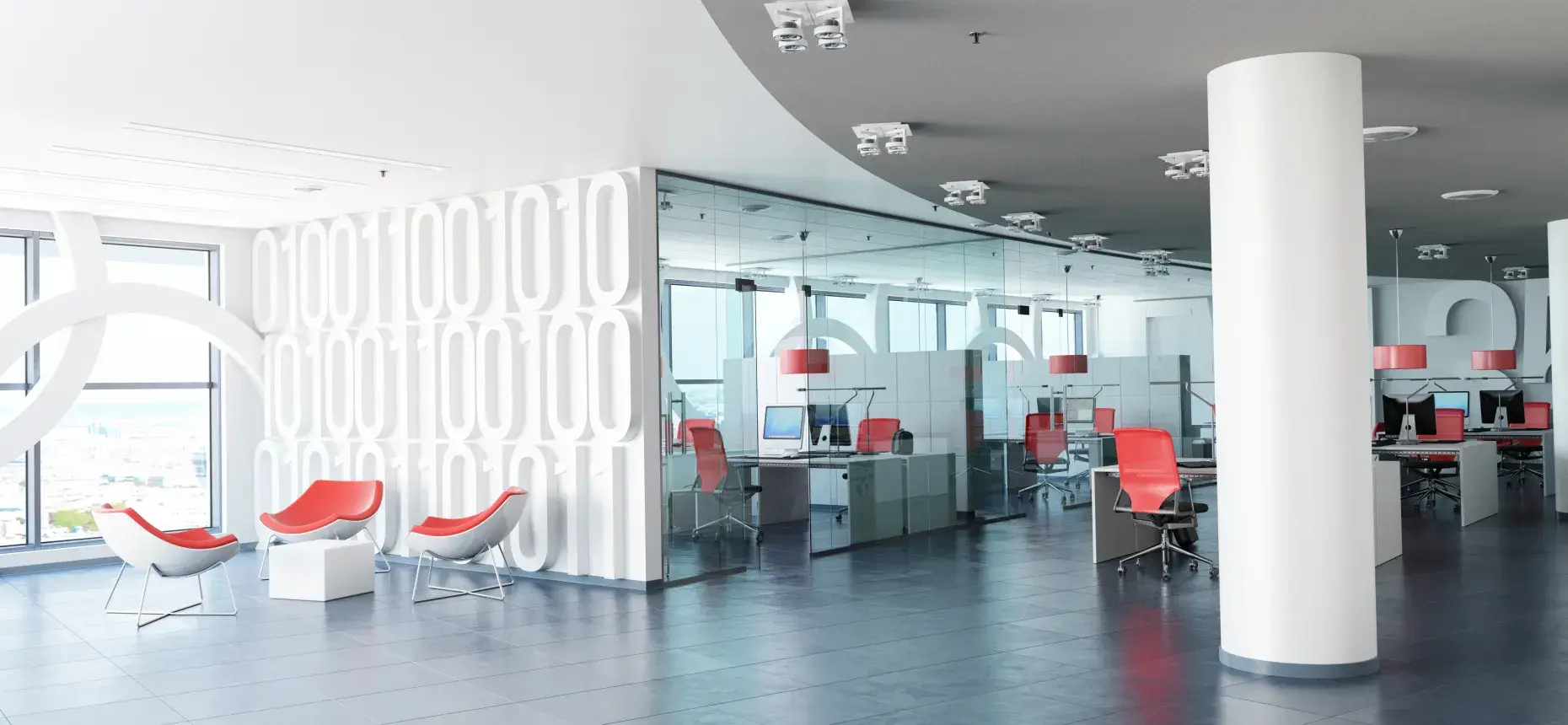The articles can be found here:
www.mattioliwoods.com/latest-articles/employee-benefits/coronavirus-the-future-of-the-workplace
I would now like to look at flexibility, specifically in relation to work patterns and offices.
Businesses across the UK have followed the Government’s requests and those that are primarily office-based or those with office-based functions have switched to Working from Home (WFH). As one would expect, the experience of WFH has displayed wide variations from both the business and employee points of view.
Some businesses have been able to switch to WFH almost seamlessly, with clients barely able to see/feel the difference; it’s been ‘business as usual’ if not ‘as normal’! Others have struggled to cope with the migration of their employees to remote working, having to deal with technology issues, reporting and man-management, data security, etc.
Similarly, employee experiences have been wide and varied. On the one hand, some have laboured with self-motivation, others dislike the isolation and the lack of office chat/banter, but on the other, many are thriving with the removal of long commutes to the office, increased freedom to self-manage workloads and moulding the working day to better suit their personal circumstances.
The Roman poet, Lucretius summed it up perfectly over 2,000 years ago: ut quod ali cibus est aliis fuat acre venenum or perhaps more colloquially ‘one man’s meat is another man’s poison’!
Although we are all dreaming of returning to ‘normal’ once the COVID-19 lockdown has ended, what exactly will that ‘normal’ look like?
In terms of office-based work, initially ‘normal’ might be a return to commuting and sharing office space with colleagues, albeit subject to a degree of social distancing. The latest indications from the Government are that some of the social controls designed to limit the spread of COVID-19 might need to continue throughout 2020.
The speed at which businesses and employees have been able to adapt to remote working has been staggering. Obviously, there are organisations that can’t easily adapt – retailers, pubs, restaurants and manufacturers; but even in many of these businesses some or all of the back-office functions have moved off-location and are being remotely managed.
Looking into the future, one impact of the COVID-19 crisis might be a reassessment of ‘The Office’ and exactly why we gather employees into a single location to carry out tasks that can just as easily be performed remotely. Let’s start by asking why businesses that are mainly dealing with processing data rather than goods use ‘The Office’:
Paper – in the past, the office was a depositary of paper files and records. Employees worked at the office so that they could access the files and process the data. Modern technology has eliminated this; centrally stored digital data can now be accessed securely and processed from virtually any location and from multiple locations at the same time.
Convenience – again, in the past, a prime function of the office was a place where clients could interact with the business. This has largely been replaced by telephone and online facilities.
Management and meetings – the office is a useful location to carry out face-to-face discussions, but as we are finding there are alternatives.
After salaries, for many office-based organisations, their next most significant business expenditure is likely to be rent and office management costs. The COVID-19 crisis-driven move to WFH might encourage employers to look at these costs in a more creative way. Many businesses as they grow employ more staff and then need to increase office space (and costs) to accommodate them. Will employers in the future look to expand and give new recruits the option of WFH, thereby reducing recruitment costs and improving the bottom line?
If employers are less tied to the idea of the office being the centre of business activity, could this put pressure on landlords to reduce rents? After all, supply and demand are the economic drivers behind rental rates, so a fall in demand for office space should remove or at least ease demand-led rent increases, and potentially over-supply in some areas could result in rent reductions and/or improved terms.
If organisations move away from an office-based structure, how will they deal with client meetings and man-management? Flexibility is the key; client and staff meetings could be arranged in rented serviced offices – it should be a lot cheaper to hire space just for a specific meeting than incur the rent/rates/cleaning etc. costs associated with a standard office. In addition, the current situation is providing a steep learning curve in relation to remote team management, so the skills developed during lockdown can be further honed and put to good use.
Often, significant historic events have dramatically changed the direction of travel for the future. The First World War changed the political landscape allowing votes for women to be introduced; the Second World War heralded the birth of the NHS; 9/11 changed how we fly. Will COVID-19 change the office forever?
Interestingly, as I’m finishing this piece, I’ve just seen on Twitter that a firm of architects is looking at not renewing their lease on office space that expires later this summer, discussing permanently placing all their employees on WFH contracts and using the savings on rent etc. to invest in technology – is this the shape of things to come?






